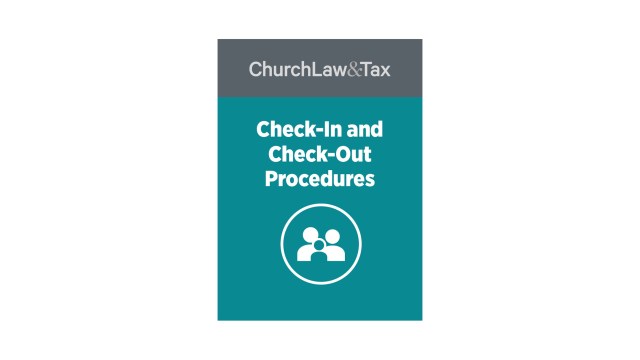• Key point. A church may not be legally responsible for a worker’s acts of child molestation not occurring on church premises or in the course of a scheduled church activity.
A Pennsylvania court ruled that a church and diocese could not be legally responsible for a priest’s repeated acts of child molestation occurring off of church premises. A Catholic priest repeatedly molested a number of boys. His pattern was to befriend young boys, lure them into a sense of trust, and then molest them. He often would take boys out to meals, do special favors for them, and take them shopping or on trips. One victim, who had been molested more than fifty times by the priest, sued the church and diocese on the basis of negligent supervision of the priest. A state court ruled that the church and diocese could not be guilty of negligent supervision since all of the priest’s acts of molestation occurred off of church premises. The court noted that the Restatement of Torts (an authoritative legal text) imposes liability for negligent supervision upon employers only for misconduct occurring on their premises. It pointed out that all of the priest’s acts of molestation occurred in motel rooms while on trips, and not on church premises.
Application. Unfortunately, a number of incidents of child abuse have occurred off of church premises after a pedophile youth worker has established a relationship of trust with a child and the child’s family. As incredible as it may seem, parents willingly allow their young children to spend the night at the worker’s home, or go on trips with him. They are shocked to later discover the truth. This case illustrates the need for churches to suggest limitations on the kinds of “off-premises” behavior that will be tolerated. Allowing a child to accompany an adult in an unsupervised off-premises activity creates risks-not only to the child, but also to the adult who is exposed to the risk of an unfounded accusation. Clearly, this kind of behavior should be discouraged. This case suggests that churches will not necessarily be liable for acts of molestation occurring off of their property. However, not all courts would agree with this conclusion. And, a higher principle is involved-the protection of children who are entrusted to the church’s care. Hutchinson v. Luddy, 683 A.2d 1254 (Pa. Super. 1996). [Seduction of Counselees and Church Members, Negligence as a Basis for Liability, Denomina tional Liability]
© Copyright 1997, 1998 by Church Law & Tax Report. All rights reserved. This publication is designed to provide accurate and authoritative information in regard to the subject matter covered. It is provided with the understanding that the publisher is not engaged in rendering legal, accounting, or other professional service. If legal advice or other expert assistance is required, the services of a competent professional person should be sought. Church Law & Tax Report, PO Box 1098, Matthews, NC 28106. Reference Code: m67 m10 m86 m40 c0397



